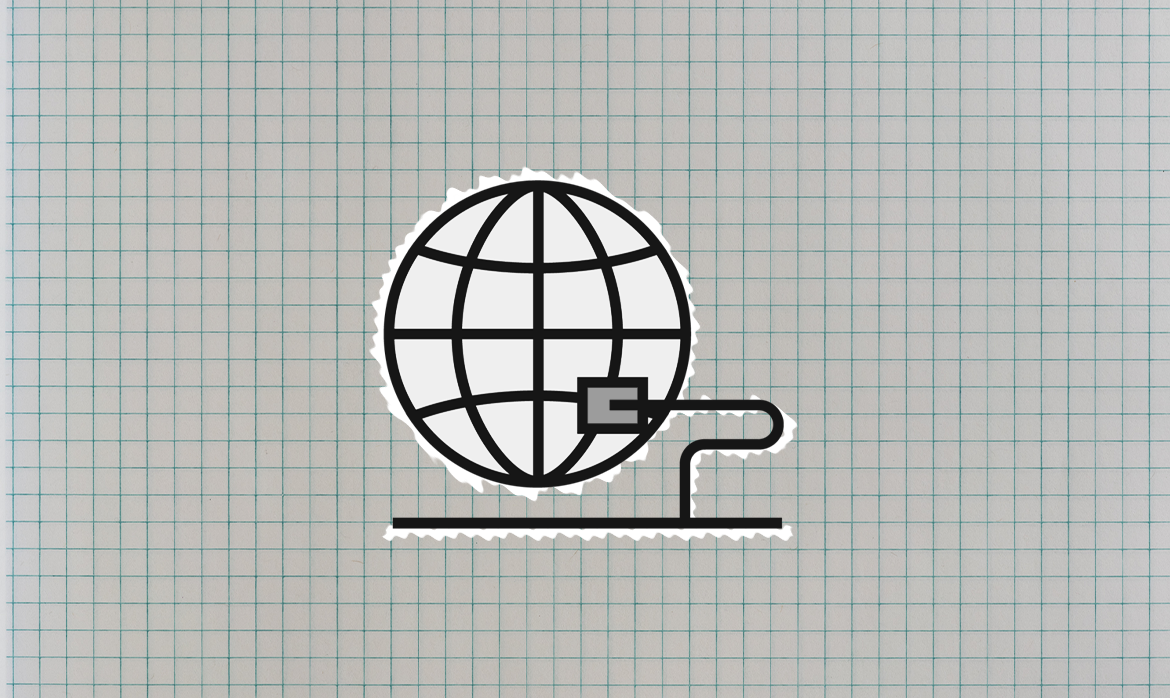In today’s digital age, having a reliable and fast internet connection is crucial for businesses to thrive. There are various types of internet connections available, each with its own advantages and limitations. Understanding the different business internet types can help you make an informed decision when selecting the right option for your organization.
Major internet types at a glance:
- Coax/Cable
- Fiber
- DSL
- Cellular
- Satellite
- Broadband
- Dial-up
Coaxial or cable internet is a widely used option that utilizes existing cable TV infrastructure. It offers high-speed connectivity and is suitable for businesses that require consistent bandwidth for activities such as video conferencing, online collaboration, and cloud-based applications.
Fiber optic internet is considered the gold standard in terms of speed and reliability. It uses thin strands of glass or plastic to transmit data at lightning-fast speeds. Fiber connections are ideal for data-intensive tasks like large file transfers, streaming high-definition videos, and supporting multiple users simultaneously.
DSL (Digital Subscriber Line) operates over traditional telephone lines and provides a more affordable alternative to fiber or cable options. While DSL may not offer the same level of speed as other technologies, it can still be sufficient for small businesses or remote locations where faster options may not be available.
Cellular internet relies on cellular networks to provide connectivity to devices. It offers flexibility and mobility since it doesn’t require physical infrastructure. Cellular connections are often used as backup solutions or in areas where wired connections are limited.
Satellite internet utilizes satellites orbiting the Earth to transmit data signals. This type of connection is advantageous in rural or remote areas where other options may not be accessible. However, satellite internet can experience latency issues due to the long-distance signals travel.
Broadband refers to any high-speed internet connection that provides fast download and upload speeds compared to traditional dial-up connections. It encompasses various technologies such as coaxial/cable, fiber optic, DSL, cellular, and satellite.
Dial-up was once a popular choice but has become outdated due to its slow speeds and limited capabilities. It uses telephone lines to establish an analog connection and is now mostly used in areas where no other internet options are available.
Choosing the right business internet type depends on factors such as location, budget, speed requirements, and scalability. It’s essential to assess your specific needs and consult with an expert to determine the most suitable option that will empower your business with reliable and fast connectivity.

